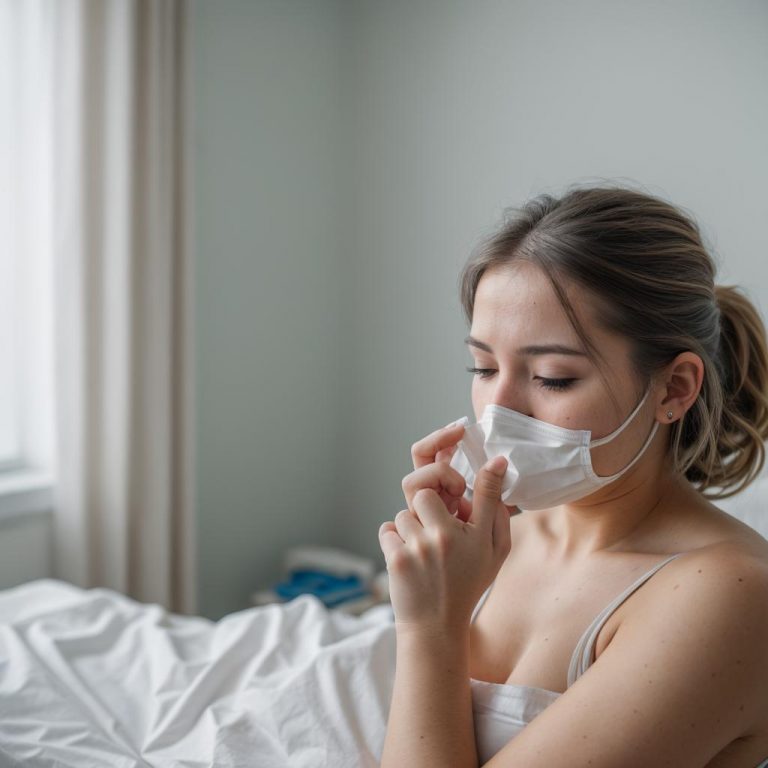
Allergies are a common concern affecting millions of people worldwide.
While many are familiar with classic allergy symptoms like sneezing, itching, and watery eyes, some may be surprised to learn that allergies can also manifest on the skin, leading to what is colloquially known as “allergy zits.” This article aims to explore the causes, symptoms, and management strategies for allergy-induced skin reactions.

What are allergy zits?
Allergy zits, also referred to as allergic dermatitis or hives, are skin reactions triggered by an allergic response. These reactions can vary widely in appearance, ranging from red, raised bumps to itchy patches or even blisters. They may appear suddenly or develop over time, depending on the individual’s sensitivity and the allergen involved.
Causes of allergy zits
Several factors can contribute to the development of allergy zits:
Allergens: Common allergens include certain foods, medications, insect stings, pollen, pet dander, and latex. When the body comes into contact with these substances, it may react by releasing histamines, leading to skin inflammation and the formation of zits.
Contact Dermatitis: Direct contact with irritants or allergens can cause a localized skin reaction known as contact dermatitis. This can result from exposure to substances like soaps, cosmetics, chemicals, or metals (e.g., nickel).
Atopic Dermatitis: Individuals with a history of atopic dermatitis, also known as eczema, may experience flare-ups triggered by allergens or irritants. These flare-ups can manifest as red, itchy patches of skin that may develop into zits.
Symptoms
The symptoms of allergy zits can vary depending on the underlying cause and the individual’s sensitivity. Common signs include:
Redness and inflammation
Raised bumps or welts
Itching or burning sensation
Swelling
Blistering
Dry, scaly patches of skin
Managing allergy zits
Effectively managing allergy zits involves identifying and avoiding triggers while also implementing appropriate treatment strategies. Here are some tips:
Identify Triggers: Keep a diary to track potential allergens or irritants that may be causing your skin reactions. This can help you pinpoint specific triggers and take steps to avoid them in the future.
Avoidance: Once you’ve identified your triggers, take proactive measures to avoid exposure. This may involve changes in diet, avoiding certain skincare products, wearing protective clothing, or using hypoallergenic alternatives.
Topical Treatments: Over-the-counter hydrocortisone creams or antihistamine lotions can help alleviate itching and inflammation associated with allergy zits. Calamine lotion or oatmeal baths may also provide relief for irritated skin.
Oral Medications: In more severe cases, your healthcare provider may prescribe oral antihistamines or corticosteroids to control allergic reactions and reduce inflammation.
Cool Compresses: Applying cool compresses or ice packs to affected areas can help soothe itching and reduce swelling associated with allergy zits.
Moisturize: Keeping the skin well-hydrated with fragrance-free moisturizers can help improve the skin barrier and reduce the risk of flare-ups.
Seek Medical Advice: If you experience severe or persistent symptoms despite home remedies, consult a healthcare professional for further evaluation and management. They can help determine the underlying cause of your allergy zits and recommend appropriate treatment options.
Allergy zits can be a frustrating and uncomfortable experience, but with proper understanding and management, it’s possible to minimize their impact on your skin health and overall well-being. By identifying triggers, practicing avoidance strategies, and seeking appropriate treatment when needed, individuals can effectively manage allergy-induced skin reactions and enjoy healthier, happier skin. Remember to consult with a healthcare professional for personalized advice and guidance tailored to your specific needs.



